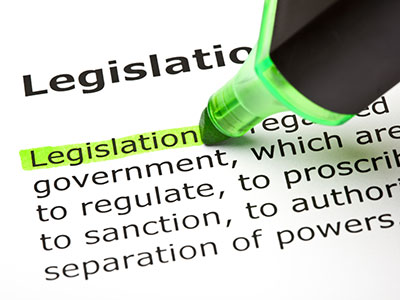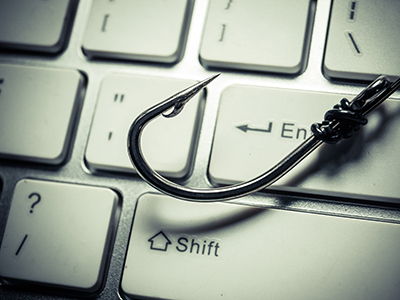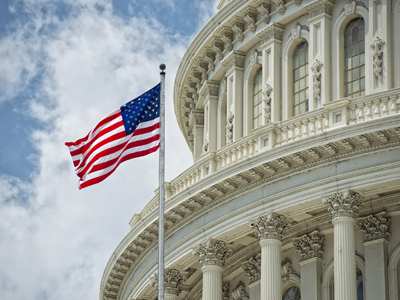Since the early days of this blog, we’ve been covering the ongoing legal battle involving ex-Korn Ferry recruiter David Nosal as it winds its way through the courts. The latest chapter in this saga came on December 8, 2016, when a Ninth Circuit panel clarified that the Computer Fraud and Abuse Act (CFAA) does not criminalize innocent password sharing, in a published opinion denying Nosal’s request for a rehearing en banc. READ MORE
Password Sharing Is Not a Crime, Ninth Circuit Reassures in Denial of Nosal’s Request for Rehearing











